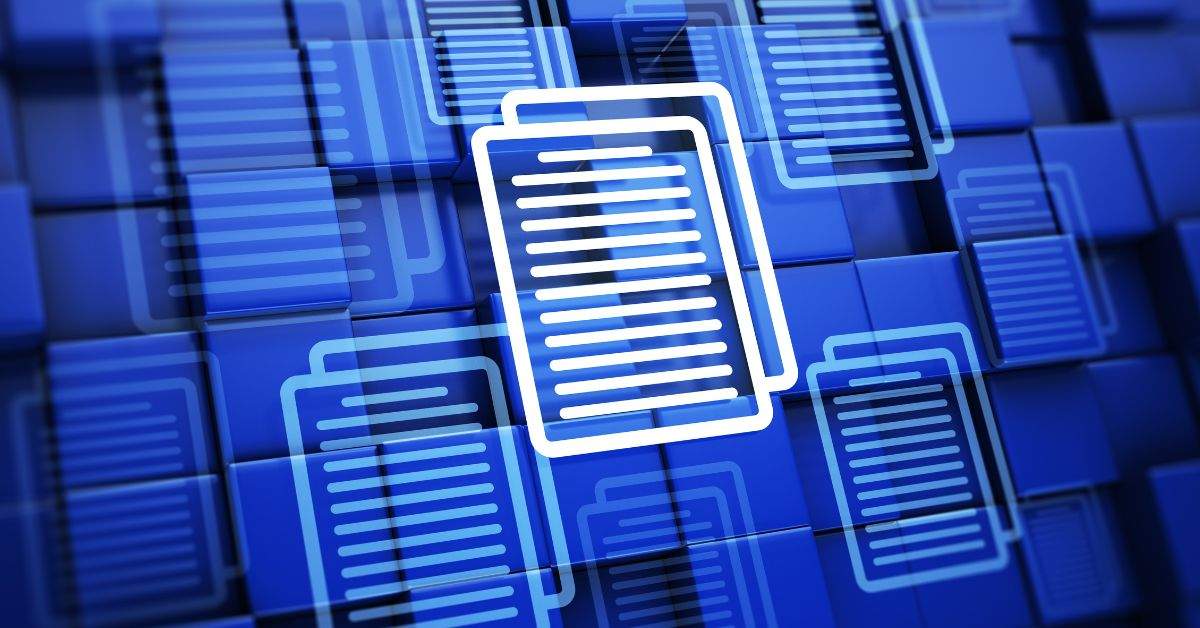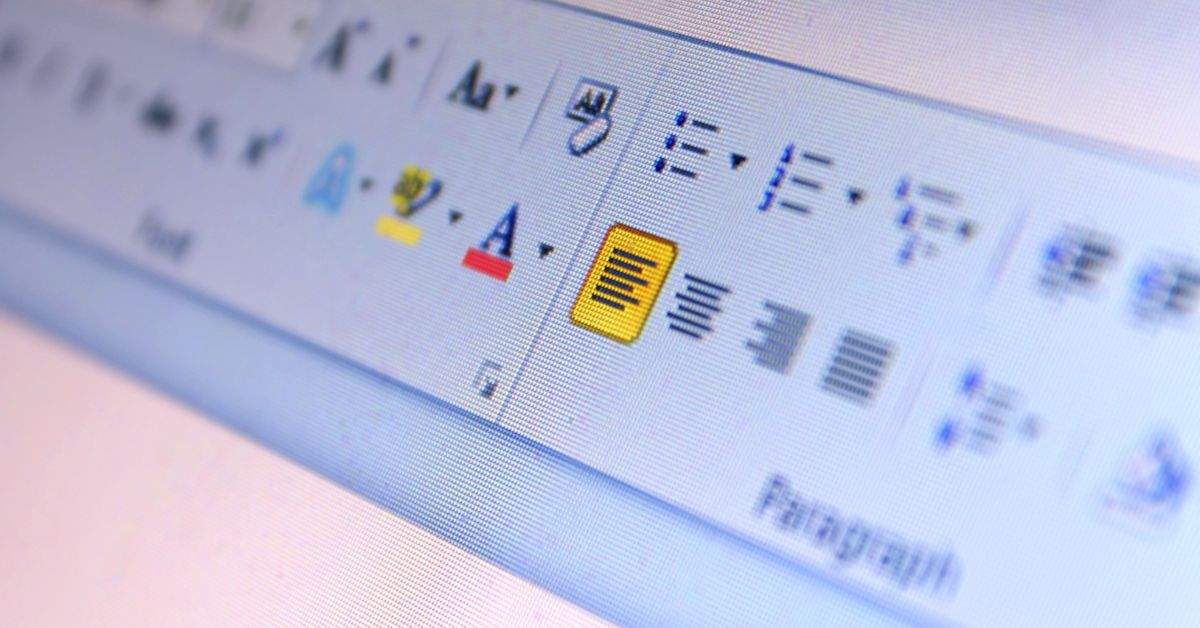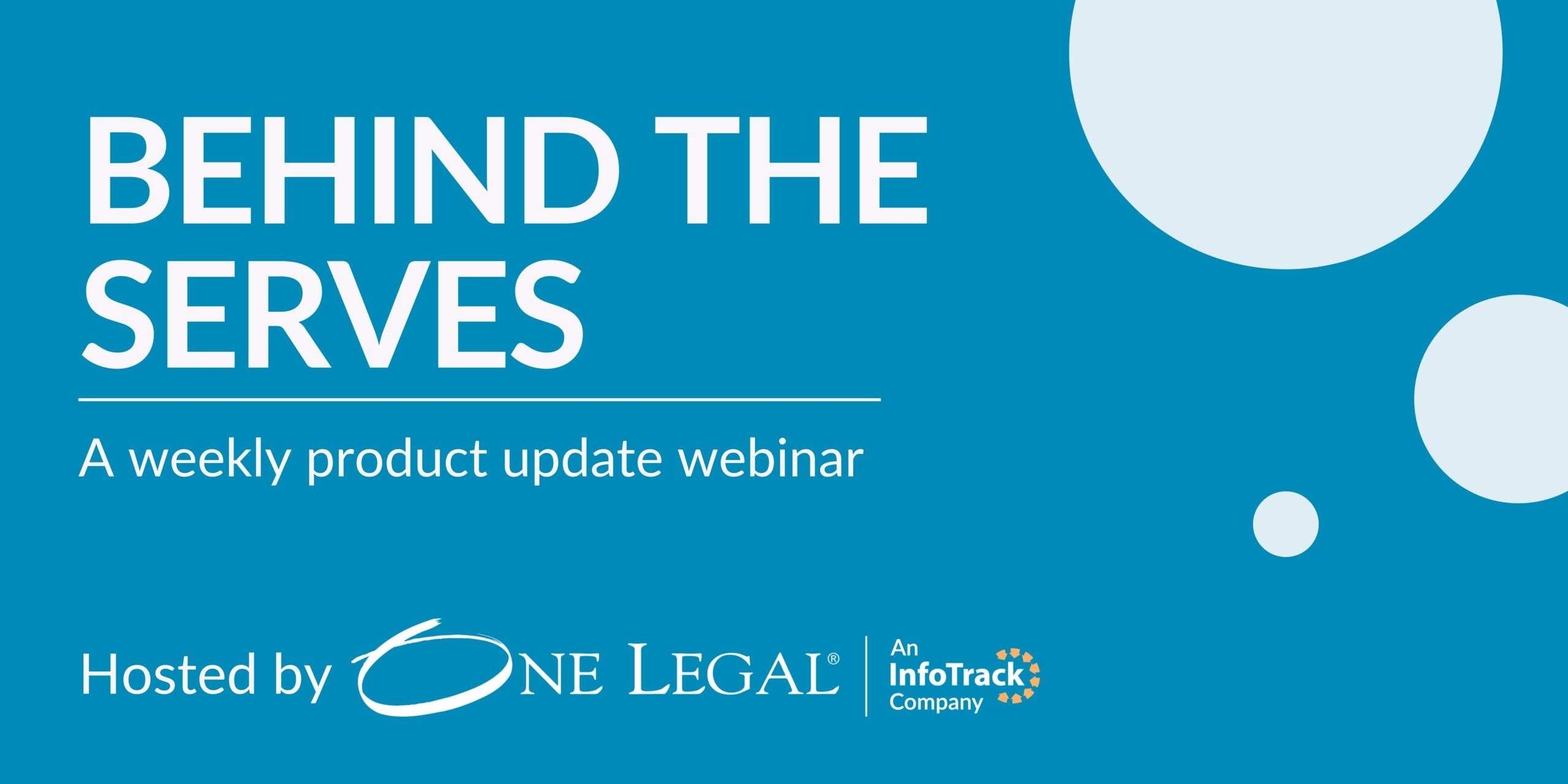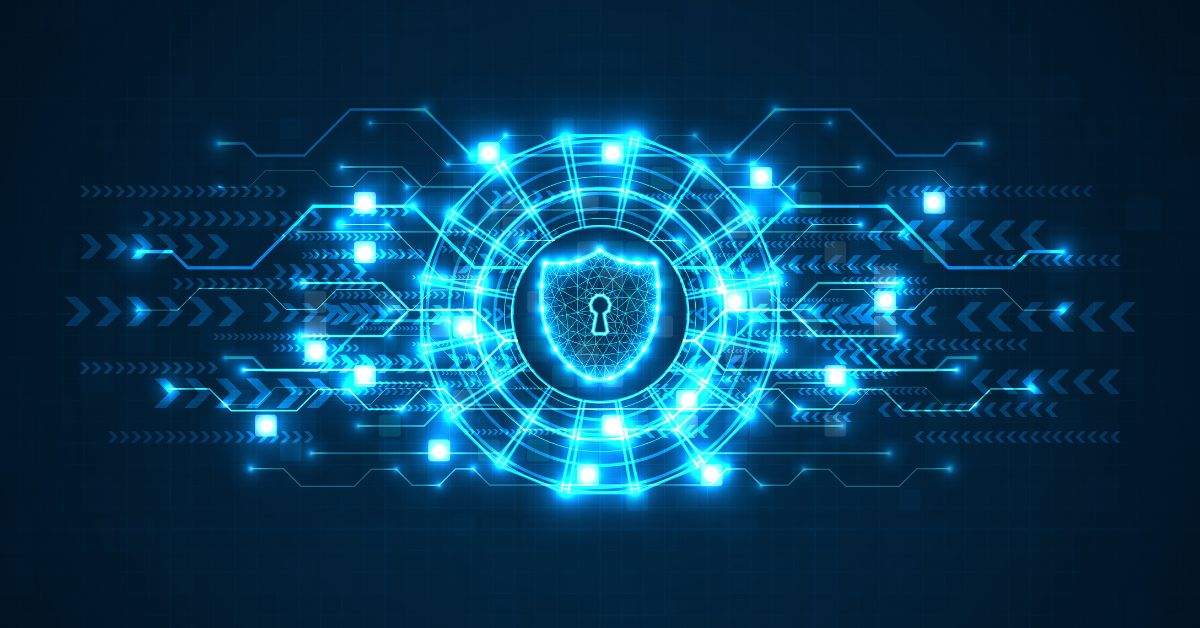How to add bookmarks to a PDF (Acrobat, Word, MacOS, and more)

Need to know how to add a bookmark to a PDF? Look no further. If you’re eFiling documents at court, whether in California, Texas, or elsewhere, it’s best practice to add electronic bookmarks so that the document is as easy to navigate as possible on a computer screen. Whether you’re a seasoned lawyer needing to […]
Unlocking the secrets to successful process serving

Ensuring successful process service can be challenging. At One Legal, we provide strategic tips and innovative tools to enhance your success rates.
How to use Track Changes in Word to streamline collaboration

Track Changes is one of the most useful features in Word. Enable the following settings to streamline your document review process, eliminate frustrations, and maintain your sanity.
Going Global? So are we: Introducing One Legal’s international service of process

With international service of process, One Legal clients can extend their reach to any corner of the world, submitting service requests that span continents with the click of a button.
Behind the scenes at One Legal: Ensuring top-quality process serving

Delve into the intricacies of One Legal’s exceptional process serving and its blend of advanced technology and meticulous human oversight.
Live webinar series: Behind the Serves

Behind the Serves are casual half-hour sessions hosted by One Legal COO, Richard Heinrich. Each week, you’ll get an insider’s view of our Service of Process offering and how it can improve your firm’s efficiency.
How tech reinforces trust and accountability in process serving

From live tracking to photo verification and real-time monitoring, transparency and accountability are revolutionizing service of process.
How to run a paperless law office: Vital workflows and processes

Many law offices are overflowing with paper and it causes a lot of issues. Implementing a paperless law office is the answer, but how?
Serving the unreachable: One Legal’s Special/Stakeout service to the rescue

Introducing a new and improved service level for service of process, learn how One Legal has made it easier than ever to serve even the hardest-to-reach people.
6 strategies for locating individuals when service of process is challenging

Having trouble with effective service of process in your case initiations? One Legal’s COO is here to bring you six sure-fire strategies so your serves go off without a hitch.
One Legal Locator: The ultimate tool for instant skip tracing

Locator from One Legal goes beyond the surface and uses a massive database aggregated from thousands of sources to find people and businesses. Find out how it can help you in your serves.
Why technology competence is a must-have skill for legal professionals

Technology competence is a crucial skill legal professionals cannot avoid these days. What do the rules say and how do you stay up to date?
How to scan a document to a PDF on your phone

No scanner? No problem. Use these common phone apps to scan a document to a PDF on your phone to get them ready to eFile.
Navigating the new era of eFiling in Nevada with One Legal

Legal professionals are now able to eFile in Nevada using third-party vendors. Learn what this means and how a competitive eFiling environment can benefit your law firm.
Are electronic signatures legal in California? (eFiling basics to know)

Are electronic signatures legal in California? In the world of eFiling, it’s important for law firms to know where they stand with documents.
26 best legal podcasts for lawyers

What are the top legal podcasts for lawyers? One Legal looks at 26 of the most popular legal podcasts that will help you stay up to date.
